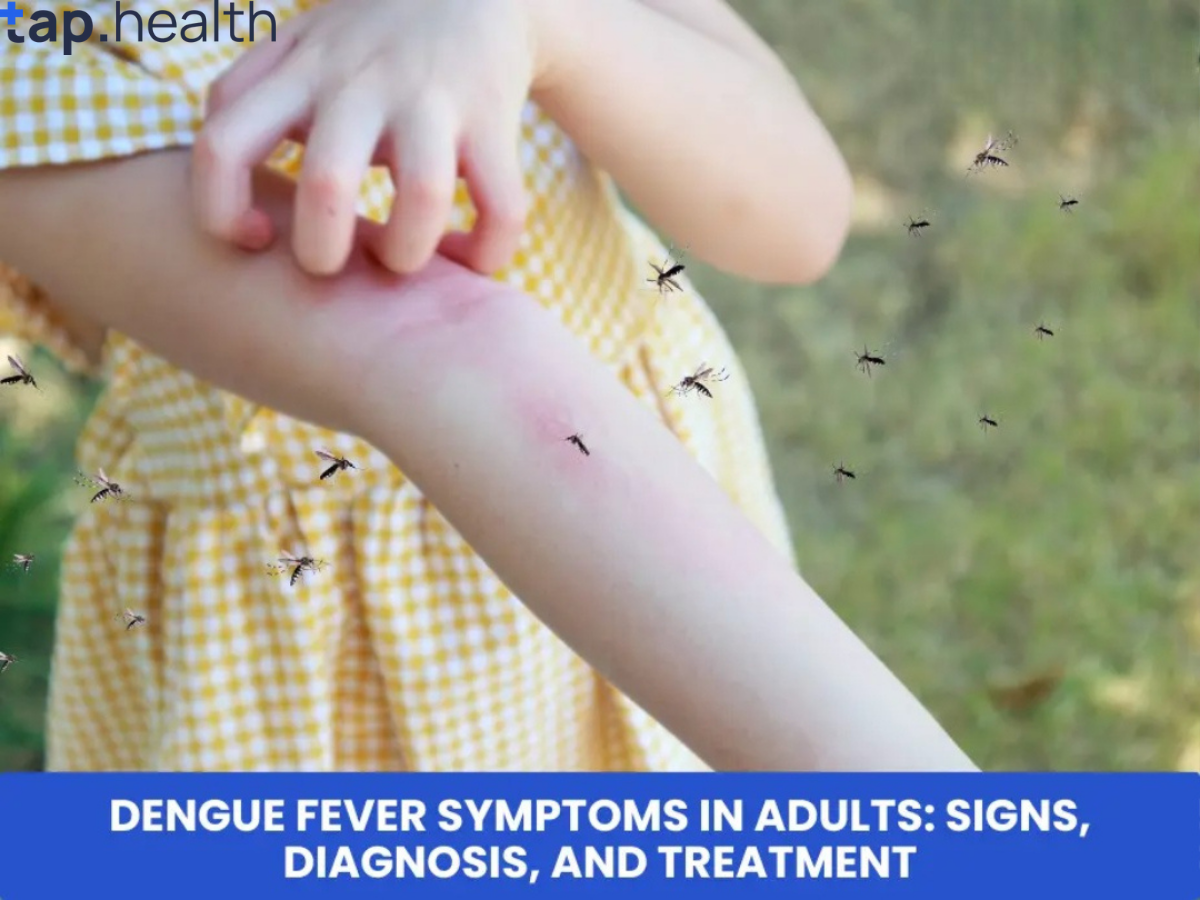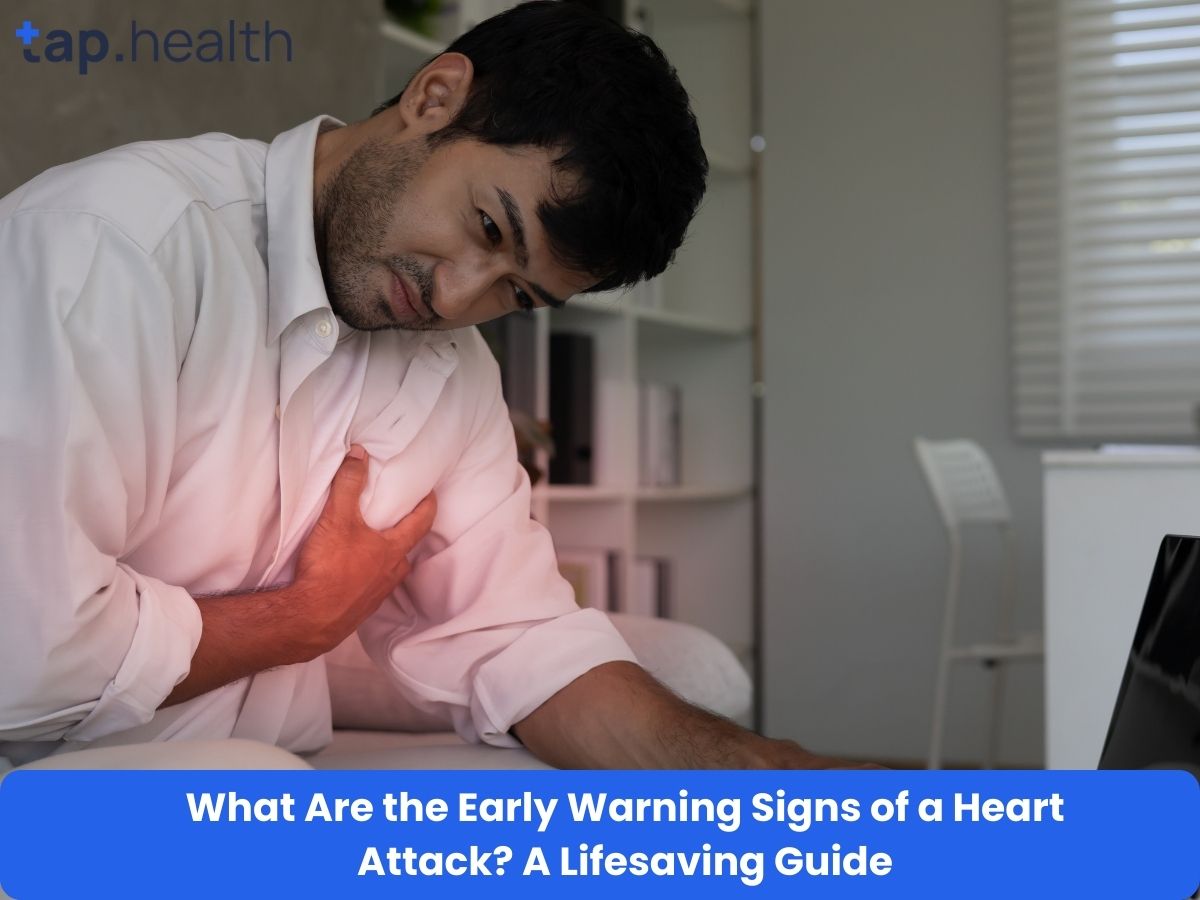Dengue fever is a viral illness transmitted by mosquitoes that is prevalent in tropical and subtropical regions worldwide. Understanding the symptoms of dengue fever, particularly in adults, is crucial for early diagnosis, treatment, and management of the disease. This article provides a detailed overview of dengue fever symptoms in adults, including how they manifest, their severity, and what to watch out for.
What is Dengue Fever?
Dengue fever is an acute viral illness characterized by high fever, severe headache, retro-orbital pain, muscle and joint pain, rash, and sometimes bleeding. The disease is caused by one of four dengue virus serotypes (DENV-1, DENV-2, DENV-3, and DENV-4). Infection with one serotype provides immunity against that specific serotype but does not protect against the others. Subsequent infections with different serotypes can increase the risk of developing severe dengue.
The Dengue Virus
The dengue virus is a member of the Flavivirus genus and is transmitted by mosquitoes. The virus exists in four serotypes, which means that people can be infected multiple times with different serotypes, potentially increasing the risk of severe disease.
Epidemiology
Dengue fever is most commonly found in tropical and subtropical regions, including Southeast Asia, the Western Pacific, the Americas, and Africa. The disease is often seen in urban and semi-urban areas where mosquito breeding sites are abundant.
Symptoms of Dengue Fever in Adults
The symptoms of dengue fever can vary from mild to severe. They typically appear 4-10 days after being bitten by an infected mosquito. Understanding these symptoms is crucial for identifying the disease and seeking appropriate medical care.
Initial Symptoms
1. High Fever
Dengue fever usually begins with a sudden high fever reaching up to 104°F (40°C). This fever often starts abruptly and is accompanied by chills and shivering.
2. Severe Headache
A prominent feature of dengue fever is a severe headache, particularly around the forehead and behind the eyes. This pain can be intense and persistent.
3. Pain Behind the Eyes
Retro-orbital pain, or pain behind the eyes, is a common symptom that can cause significant discomfort and exacerbate the headache.
4. Muscle and Joint Pain
Dengue fever is often referred to as “breakbone fever” due to the severe muscle and joint pain it causes. This pain can be intense and affect various parts of the body, making movement difficult.
5. Nausea and Vomiting
Patients may experience nausea and vomiting, which can lead to dehydration if not managed properly.
6. Skin Rash
A rash often develops a few days after the fever starts. The rash may appear as red patches or spots and can sometimes be itchy.
7. Mild Bleeding
Symptoms such as nosebleeds, bleeding gums, or easy bruising may occur. This bleeding is generally mild but can be an indicator of the disease’s progression.
Progression to Severe Dengue
In some cases, dengue fever can progress to severe dengue (also known as dengue hemorrhagic fever or dengue shock syndrome), which is a more serious form of the disease. Severe dengue requires immediate medical attention and can lead to life-threatening complications.
- Severe Abdominal Pain: Patients with severe dengue may experience intense abdominal pain. This pain can be persistent and severe, requiring prompt evaluation.
- Persistent Vomiting: Continuous vomiting is a sign of severe dengue and can contribute to dehydration. It is essential to manage this symptom to prevent further complications.
- Rapid Breathing: Difficulty breathing or an increased respiratory rate can indicate severe dengue and may require hospitalization for monitoring and treatment.
- Bleeding: Severe dengue can lead to significant bleeding, including bleeding from the gums, nosebleeds, or blood in vomit or stool. This bleeding can be a sign of a low platelet count and requires medical intervention.
- Plasma Leakage: Severe dengue can cause plasma leakage from blood vessels, leading to swelling and potentially low blood pressure. This condition is serious and can result in shock if not managed appropriately.
- Organ Dysfunction: In severe cases, dengue fever can lead to organ dysfunction, including liver, heart, and kidney failure. This requires intensive medical care and monitoring.
Long-Term Effects and Recovery
Even after the acute phase of dengue fever has resolved, patients may experience lingering symptoms such as fatigue and weakness. Recovery typically takes 1-2 weeks, but some individuals may continue to feel tired and weak for several weeks after other symptoms have subsided.
Diagnosis of Dengue Fever
Diagnosing dengue fever involves a combination of clinical assessment and laboratory testing. Early diagnosis is crucial for managing the disease and preventing complications.
Clinical Evaluation
Healthcare providers assess symptoms, medical history, and recent travel to dengue-endemic areas. A physical examination is conducted to check for signs such as rash, bleeding, and pain. Clinical evaluation helps determine the severity of the disease and guides further testing.
Laboratory Tests
- PCR Test (Polymerase Chain Reaction): This test detects dengue virus RNA in the blood. It is most effective during the early stages of infection.
- NS1 Antigen Test: This test identifies the dengue virus’s NS1 protein, which is present during the acute phase of infection. It helps in early diagnosis.
- IgM and IgG Antibody Tests: These tests detect antibodies produced in response to the dengue virus. IgM indicates a recent infection, while IgG suggests past infection or longer-term immunity.
Treatment of Dengue Fever
There is no specific antiviral treatment for dengue fever. Management focuses on supportive care to alleviate symptoms and prevent complications.
1. Hydration
Maintaining adequate hydration is essential for managing dengue fever. Oral rehydration solutions, clear fluids, and electrolyte drinks help prevent dehydration. Severe cases may require intravenous fluids.
2. Pain and Fever Relief
Acetaminophen (paracetamol) is used to manage fever and pain. It is crucial to avoid aspirin and non-steroidal anti-inflammatory drugs (NSAIDs), as they can increase the risk of bleeding.
3. Rest
Adequate rest is necessary for recovery. Patients should avoid strenuous activities and get plenty of sleep to support the body’s healing process.
4. Medical Care
Severe cases of dengue fever may require hospitalization for close monitoring and additional treatments such as intravenous fluids and blood transfusions.
Prevention of Dengue Fever
Preventing dengue fever involves minimizing mosquito exposure and controlling mosquito populations.
Avoiding Mosquito Bites
- Use Insect Repellents: Apply insect repellents containing DEET, picaridin, or oil of lemon eucalyptus to exposed skin.
- Wear Protective Clothing: Long-sleeved shirts, long pants, socks, and shoes reduce mosquito bites.
- Use Mosquito Nets: Sleep under mosquito nets, especially during the night.
- Stay Indoors During Peak Mosquito Activity: Avoid outdoor activities during early morning and late afternoon when mosquitoes are most active.
Reducing Mosquito Breeding Sites
- Eliminate Standing Water: Mosquitoes breed in stagnant water. Empty, clean, or cover containers that hold water regularly.
- Maintain Clean Surroundings: Keep gutters clean and dispose of unused containers that can collect water.
- Use Larvicides: In areas with persistent standing water, use larvicides to kill mosquito larvae.
Risk Factors for Dengue Fever
Several factors increase the risk of contracting dengue fever:
1. Living in Endemic Areas
Residents of or travelers to regions where dengue fever is common are at higher risk. Endemic areas include tropical and subtropical regions with high mosquito populations.
2. Previous Dengue Infection
A history of dengue fever increases the risk of developing severe forms of the disease with subsequent infections due to antibody-dependent enhancement (ADE).
3. Climate and Environment
Warm and humid climates are ideal for mosquito breeding. Poor sanitation and stagnant water sources contribute to higher mosquito populations and dengue transmission.
4. Urbanization
High population density and urban environments increase mosquito-human interactions, raising the likelihood of dengue transmission.
When to See a Doctor
Seek medical attention if you experience symptoms of dengue fever, especially if you have recently traveled to an endemic area. Early diagnosis and treatment are essential for managing the disease and preventing complications.
Warning Signs Requiring Immediate Care
- Severe Abdominal Pain: Persistent or severe abdominal pain requires prompt medical evaluation.
- Persistent Vomiting: Continuous vomiting can lead to severe dehydration and needs medical attention.
- Rapid Breathing: Increased breathing rate or difficulty breathing may indicate serious complications.
- Bleeding Gums or Nosebleeds: Unusual bleeding can signal a low platelet count and requires medical care.
- Blood in Vomit or Stool: Presence of blood in vomit or stool is a serious symptom and needs urgent medical attention.
- Extreme Fatigue or Restlessness: Severe fatigue or sudden changes in behavior can indicate worsening dengue fever.
- Skin Rash with Red Spots: A rapidly spreading rash with red spots should be evaluated by a healthcare professional.
FAQ on Dengue Fever Symptoms in Adults
1. What are the primary symptoms of dengue fever in adults?
The primary symptoms of dengue fever in adults include:
- High Fever: Sudden onset of a high fever, often reaching up to 104°F (40°C).
- Severe Headache: Intense headache, particularly around the forehead and behind the eyes.
- Pain Behind the Eyes: Retro-orbital pain, or pain behind the eyes.
- Muscle and Joint Pain: Severe pain in muscles and joints, sometimes referred to as “breakbone fever.”
- Nausea and Vomiting: Feeling nauseated and vomiting, which can contribute to dehydration.
- Skin Rash: Development of a rash, which may appear as red patches or spots.
- Mild Bleeding: Symptoms such as nosebleeds, bleeding gums, or easy bruising.
2. How soon do symptoms of dengue fever appear after infection?
Symptoms of dengue fever typically appear 4-10 days after being bitten by an infected mosquito. This incubation period can vary depending on the individual and the specific strain of the dengue virus.
3. What are the warning signs of severe dengue in adults?
Severe dengue, also known as dengue hemorrhagic fever or dengue shock syndrome, can present with more serious symptoms, including:
- Severe Abdominal Pain: Intense and persistent abdominal pain.
- Persistent Vomiting: Continuous vomiting that can lead to dehydration.
- Rapid Breathing: Difficulty breathing or increased respiratory rate.
- Significant Bleeding: Severe bleeding from gums, nose, or internal bleeding that can be observed in vomit or stool.
- Plasma Leakage: Fluid leakage from blood vessels, causing swelling and potentially leading to shock.
- Organ Dysfunction: Failure of vital organs such as the liver, heart, or kidneys.
4. Can dengue fever be mistaken for other illnesses?
Yes, dengue fever can be mistaken for other illnesses such as influenza, chikungunya, or even other viral infections due to the similarity in symptoms like high fever, headache, and muscle pain. A definitive diagnosis is necessary to differentiate dengue from these conditions.
5. How is dengue fever diagnosed in adults?
Dengue fever is diagnosed through a combination of clinical evaluation and laboratory tests:
- Clinical Evaluation: Assessment of symptoms, medical history, and recent travel to dengue-endemic areas.
- Laboratory Tests:
- PCR Test (Polymerase Chain Reaction): Detects dengue virus RNA in the blood, most effective in the early stages.
- NS1 Antigen Test: Identifies the dengue virus’s NS1 protein, useful during the acute phase.
- IgM and IgG Antibody Tests: Detect antibodies produced in response to the dengue virus, indicating recent or past infection.
6. What treatment options are available for dengue fever?
There is no specific antiviral treatment for dengue fever. Management focuses on supportive care:
- Hydration: Maintaining adequate fluid intake through oral rehydration solutions or intravenous fluids if necessary.
- Pain and Fever Relief: Use of acetaminophen (paracetamol) to manage fever and pain. Avoid aspirin and NSAIDs due to bleeding risks.
- Rest: Ensuring sufficient rest to support the body’s recovery.
7. When should an adult seek medical attention for dengue fever?
Adults should seek medical attention if they experience symptoms of dengue fever, especially if they have recently traveled to an endemic area. Immediate medical care is necessary if severe symptoms such as severe abdominal pain, persistent vomiting, rapid breathing, bleeding, or signs of organ dysfunction occur.
8. Can dengue fever be prevented?
Yes, dengue fever can be prevented by reducing mosquito exposure and controlling mosquito populations:
- Avoiding Mosquito Bites: Use insect repellents, wear protective clothing, and use mosquito nets.
- Reducing Mosquito Breeding Sites: Eliminate standing water around homes, maintain clean surroundings, and use larvicides if needed.
9. Is there a vaccine for dengue fever?
Yes, there is a vaccine for dengue fever, such as Dengvaxia. However, the vaccine is not universally recommended and is typically used in specific populations or regions. Consult with a healthcare professional to determine if the vaccine is appropriate for you based on your risk factors and medical history.
10. How long does it take for an adult to recover from dengue fever?
Recovery from dengue fever generally takes 1-2 weeks. While most symptoms resolve within this period, some individuals may experience lingering fatigue and weakness for several weeks afterward.
Understanding these frequently asked questions can help individuals recognize the symptoms of dengue fever early, seek appropriate medical care, and take preventive measures to protect themselves and their communities from this potentially serious disease.
References
- World Health Organization (WHO)
- WHO provides comprehensive information on dengue fever, including symptoms, diagnosis, treatment, and prevention. Their resources are authoritative and widely used for global health information.
- WHO – Dengue and Severe Dengue
- Centers for Disease Control and Prevention (CDC)
- The CDC offers detailed guidance on dengue fever, including symptoms, transmission, and preventive measures. Their resources are particularly useful for U.S. residents and travelers.
- CDC – Dengue
- Mayo Clinic
- Mayo Clinic provides a thorough overview of dengue fever symptoms, risk factors, and treatment options. Their information is reliable and accessible to the general public.



